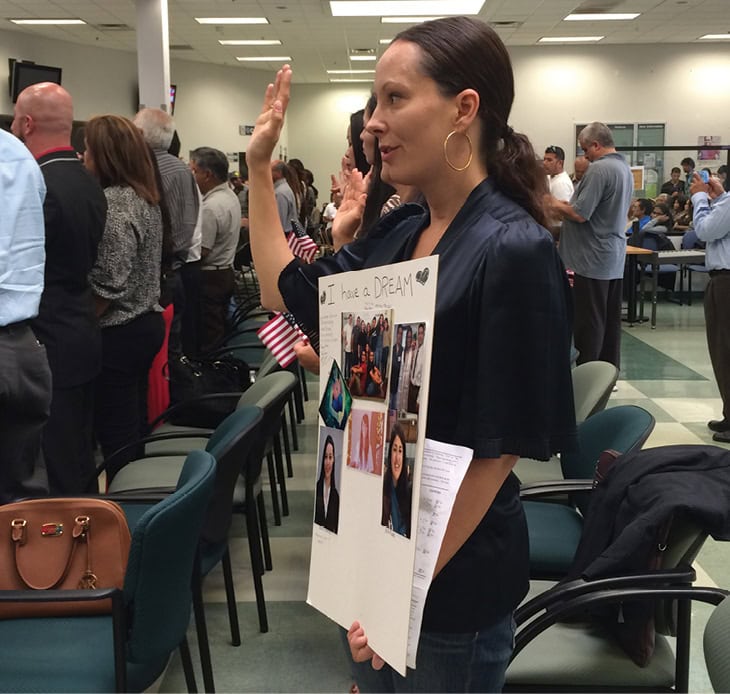In an interview published in the January issue of Perspectives, I mentioned in passing that I had more than once taught courses on subjects I knew nothing about and that it was a great experience for me. At least one person read the interview, because José Rigau, of San Juan, Puerto Rico, wrote to say that it might be interesting if I were to explain how one goes about teaching subjects one knows nothing about. Here goes!
First, my qualifications. As mentioned in the interview, I taught world history while in graduate school, which required me to wrestle with pre-Columbian American history, ancient Chinese history, and a host of other subjects on which I had previously read nothing. When I began as an assistant professor, at Goucher College in Maryland, I was expected to teach Russian history, in which my education consisted of a one-semester course I had taken as a college sophomore. When I moved to Georgetown University, my arrival coincided with the departure of the teacher who had offered an African history survey, so the genial chair of my new department asked me, a few months before classes began, if I would agree to take on a two-semester African history survey. I knew that, as a newcomer to the department, the only correct answer was “yes,” despite the fact that my exposure to African history went no further than one course in graduate school that focused almost entirely on the 20th century. More recently, a dean decided that Georgetown should have an undergraduate course devoted to the study of grand strategy and that I should teach it, together with a political scientist. At that point in my teaching career, after 25 years at Georgetown, I did not have to say yes. But the dean in question had been a colleague for all that time, and I regarded her highly. (Plus, she used her discretionary funds to allow us to buy about 50 books on strategy and great power behavior over the past 2,500 years.) So I said yes.
I told my students, on day one, that I was no expert and that we were about to undergo a voyage of discovery together.
In every case, I had a few months to prepare—and in every case, that was not enough to allow me to pose as, let alone to become, an authority on my subject. So I told my students, on day one, that I was no expert and that we were about to undergo a voyage of discovery together. I cribbed this formula from one of my own teachers long ago. When students asked questions that I could not answer, I said that I didn’t know and that I would try to find out before the next class; I explained how I would do it and offered my best guess for the meantime. It happened often—and, in fact, it happened again yesterday: What were the Persian motives for financing the development of a Spartan fleet in the latter stages of the Peloponnesian War? (As soon as I finish this column, I need to find out, and see if my best guess was anywhere near what the experts think.) I like to think that students can benefit from seeing that it’s OK to say “I don’t know” in public and that when you don’t know something, you take the trouble to try to find out. In any case, my first rule of teaching subjects one knows nothing about is to admit it up front.

If you’re asked to prepare a course on an unfamiliar subject, be honest with your students. monkeybusiness/Depositphotos
Occasionally, I expect, students complained to their deans (or parents) that their teacher wasn’t an expert. When I told my first African history class the truth about the shallowness of my expertise, four students complained to me, saying in effect that Georgetown ought to have a real Africanist. It was easy for me to agree with that and to urge them to present that view to the deans and provost. (One of those four went on to get a PhD and become a professor of African history.)
By and large, I have found my first rule helpful in managing expectations and emphasizing the merits of curiosity and discovery. But as a white man, I have presumably been given the benefit of the doubt by many of my students and faced fewer challenges to my legitimacy as an instructor. Following my first rule might be harder for others. But it has the virtue of honesty.
I like to think that students can benefit from seeing that it’s OK to say “I don’t know” in public and that when you don’t know something, you take the trouble to find out.
My second rule is obvious: to use the months before the first day of classes to reduce my ignorance. The world historian Arnold Toynbee (1889–1975) once wrote that there is no joy on earth greater than having 12 hours of work to do and only 6 hours in which to do it. I think he underrated other joys on earth, but nonetheless I found it exhilarating to read furiously and try to make sense out of subjects new to me. Without enough time to read more than a few monographs, I often relied on overviews prepared by veteran scholars, published in the UNESCO General History of Africa or the Cambridge History of China or the Oxford Handbook of this or that. I asked everyone I could think of for recommendations about what should go on my syllabi. When preparing to teach Russian history in my first job out of grad school, I knew only two or three people who could be of any help. When preparing to teach grand strategy in 2013, I knew dozens and could easily find plenty of syllabi online to consult. Now one can ask for guidance via #Twitterstorians or the AHA’s Communities site and harvest the wisdom of colleagues around the world.
Even with several weeks of furious preparation, I normally found myself struggling to stay one day, or a few hours, ahead of students. My Russian history and African history classes were lectures, and it was a good week when I had lecture notes prepared by the night before. Too often I was still working on my lectures early in the morning for a 10:15 a.m. class. In those days, if I needed to be in my office at 5 a.m., I could be. Parenthood changed my schedule, improved my time-management skills, and for 20 years reduced my enthusiasm for teaching courses I knew nothing about. But now, with the kids grown up, I’m happy to do it again. Once in a while.
This work is licensed under a Creative Commons Attribution-NonCommercial-NoDerivatives 4.0 International License. Attribution must provide author name, article title, Perspectives on History, date of publication, and a link to this page. This license applies only to the article, not to text or images used here by permission.


